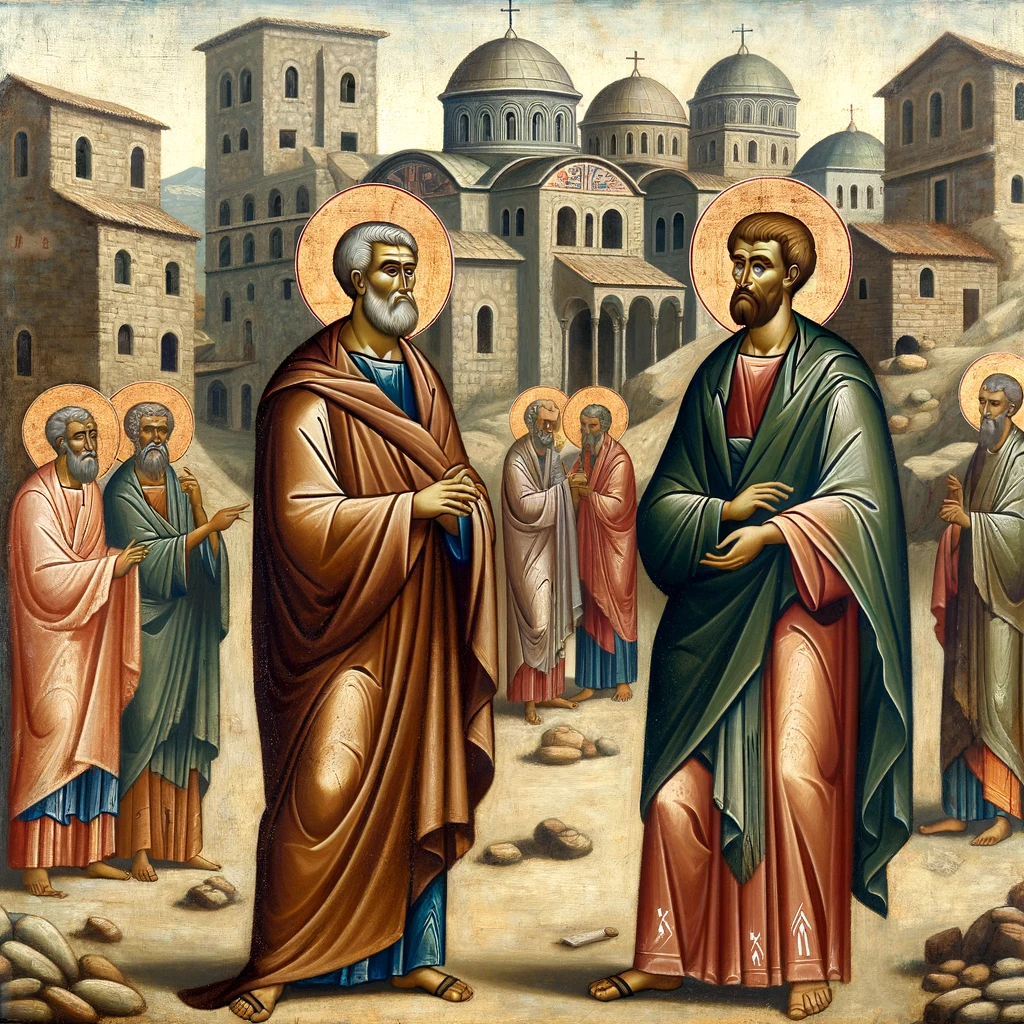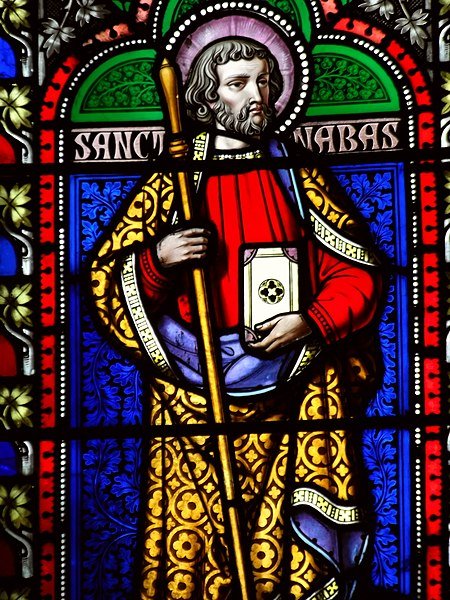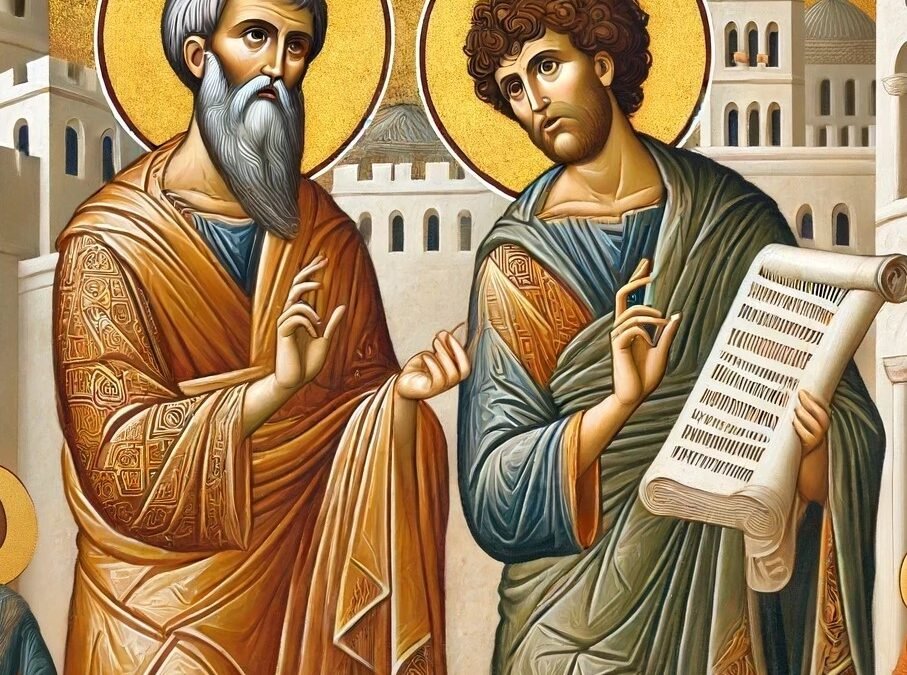Celebrating Saint Barnabas
Originally named Joseph, Saint Barnabas was an early Christian disciple in Jerusalem, and later an important figure in the spread of Christianity alongside Saint Paul. His story is mainly found in the Acts of the Apostles in the New Testament. Barnabas is often referred to as an apostle and early church martyr, although he was not one of the original Twelve Apostles.
🌿 Background:
He was a Levite from Cyprus. Originally named Joseph, the apostles called him Barnabas, which means “son of encouragement” or “son of consolation.” This name reflects his encouraging and supportive character.
🏛️ Role in the Church:
Barnabas played a significant role in the early Christian community. He demonstrated his commitment and generosity by selling his land and donating the proceeds to support the community.
🌍 Missionary Work:
Best known for his missionary journeys with Paul, detailed in the Acts of the Apostles, Barnabas was crucial in introducing Paul to the Jerusalem apostles and vouched for him. They traveled extensively, spreading Jesus’ teachings, establishing churches, and converting many.
❗ Separation from Paul:
Barnabas and Paul had a disagreement over John Mark, who had left them during their first journey. Opting for reconciliation, Barnabas took Mark to Cyprus for their second journey, while Paul continued his work with Silas.
🕊️ Legacy and Veneration:
Saint Barnabas is venerated, with his feast day on June 11th in both the Roman Catholic and Orthodox Churches. Believed to be martyred in Salamis, Cyprus, he is also the patron saint of Cyprus.

Saint Paul and Saint Barnabas were key figures in early Christianity, collaborating on extensive missionary journeys as detailed in the Acts of the Apostles. Together, they helped establish numerous churches across the Roman Empire. Although they eventually parted ways over a disagreement, each continued to play a significant role in spreading the Christian faith.
Saint Barnabas is traditionally believed to have been martyred in Salamis, Cyprus around AD 61. According to early Christian tradition, his martyrdom was a result of his successful missionary efforts which provoked the opposition of local Jews and pagans. They reportedly became enraged by his preaching and subsequently led him to be stoned to death. After his death, his followers buried him secretly to prevent any desecration of his body.
Barnabas’s martyrdom underscores his dedication to his faith and his influential role in the spread of Christianity. His legacy as a peacemaker and an encourager among the early Christians is celebrated, especially in Cyprus, where he is venerated as the patron saint.


